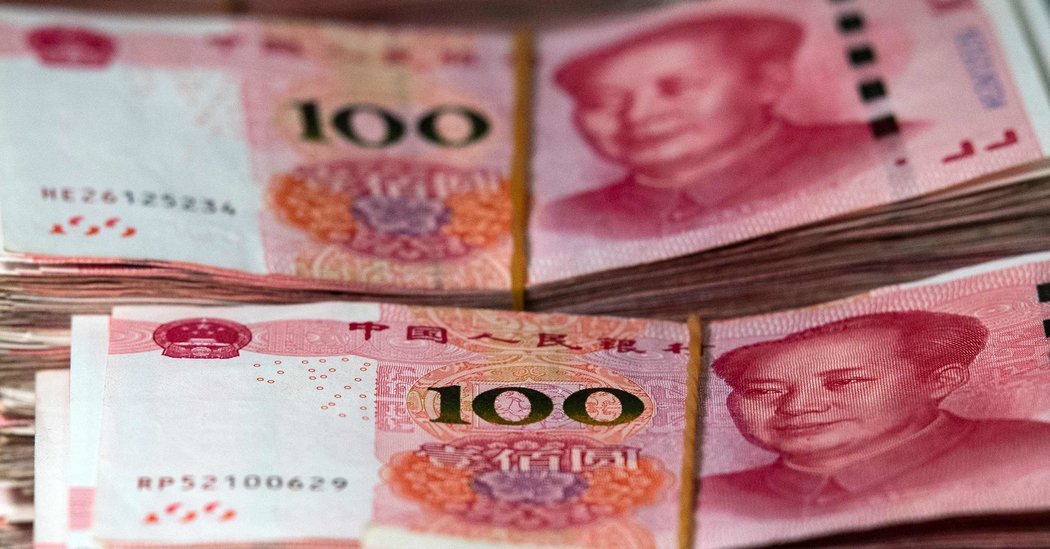Until recently, that is. On Monday, Chinese officials let the renminbi fall to the lowest level in over a decade. On Tuesday, they set the exchange rate at a level that was weaker than Monday but nonetheless stronger than most analysts had expected.
So what happens to China if the label sticks?
Mainly, China must negotiate how to make its currency more fairly valued with the United States and the International Monetary Fund, which governs the few international guidelines that have been established on currency. Since the I.M.F. just determined that China’s currency was fairly valued, those negotiations don’t seem likely to go far.
But the designation is likely to rankle Chinese officials, who have been very resistant to being labeled a currency manipulator, said Tony Fratto, a partner at Hamilton Place Strategies and a former Treasury Department official.
And if China’s recent depreciation is the start of a trend, it could have much bigger implications for the world economy.
A cheaper renminbi would harm American exporters and erode the effectiveness of Mr. Trump’s tariffs. It would also hurt exporters in Europe, Japan and elsewhere. And it could create market pressures for South Korea, Taiwan and others that compete in similar industries to devalue their currencies, potentially disrupting trade and investment flows.
Mr. Trump could also use the label to justify further actions on China, including perhaps higher tariffs.
Stephanie Segal, a senior fellow at the Center for Strategic and International Studies, said the actions on currency “have ushered in a new stage in the U.S.-China trade war that risks spinning out of control.”
“China’s willingness to allow the currency to depreciate was likely intended to remind the president of the downsides of escalating actions,” she said. “If that was the idea, it didn’t have the desired effect.”
Jeanna Smialek, Keith Bradsher and Alexandra Stevenson contributed reporting.

